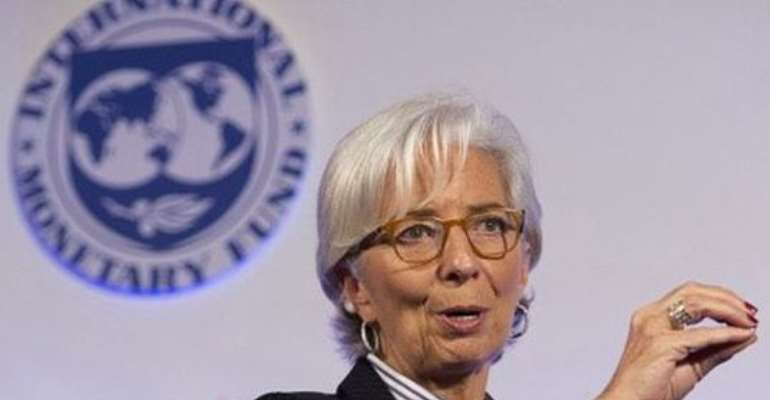Nigeria's economy on path of recovery, says IMF...Warns of risks of anti-trade policies

The executive board of the International Monetary Fund (IMF) on Thursday said that the Nigerian economy is on the path to recovery but stresses the importance of structural reforms to support economic growth and boost investor confidence.
The IMF Executive Board Wednesday Concluded the 2017 Article IV Consultation with Nigeria, emphasizing that stronger macroeconomic policies are urgently needed to rebuild confidence and foster an economic recovery.
According to the consultation report obtained by Per Second News in Washington, directors welcomed the federal government's Economic Recovery and Growth Plan (ERGP), which focuses on economic diversification driven by the private sector, and government initiatives to strengthen infrastructure—including the recently adopted power sector recovery plan.
However, the board of IMF director's underlined that without stronger policies these objectives may not be achieved.
Executive Directors also recognized that the Nigerian economy has been negatively impacted by low oil prices and production. Directors commended the efforts already made by the authorities to reduce vulnerabilities and enhance resilience, including by increasing fuel prices, raising the monetary policy rate, and allowing the exchange rate to depreciate.
Directors welcomed the steps to strengthen banking sector resilience through stronger prudential requirements. With asset quality declining, they recommended further intensifying bank monitoring, enhancing contingency planning, and strengthening resolution frameworks. Directors encouraged quickly increasing the capital of undercapitalized banks and putting a time limit on regulatory forbearance.
Directors also emphasized that ambitious structural reforms are key to achieving a competitive, investment-driven economy that is less dependent on oil. Priority should be given to improving infrastructure, enhancing the business environment, improving access to financing for small enterprises, and strengthening governance and anti-corruption efforts.
Timely and effective implementation of these measures would promote sustainable and inclusive growth. Directors welcomed progress in improving the quality and availability of economic statistics and encouraged further efforts to compile subnational fiscal accounts.
